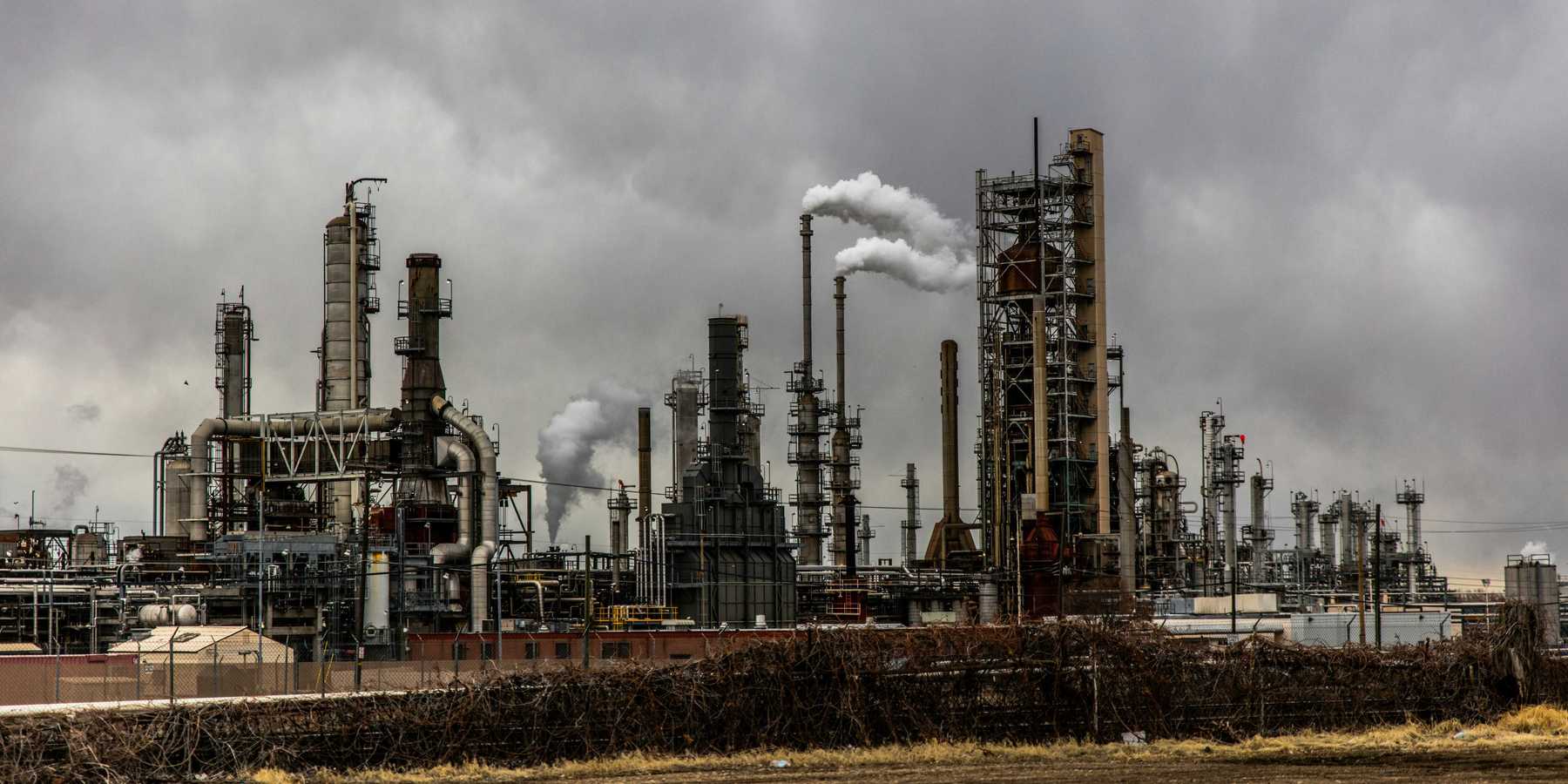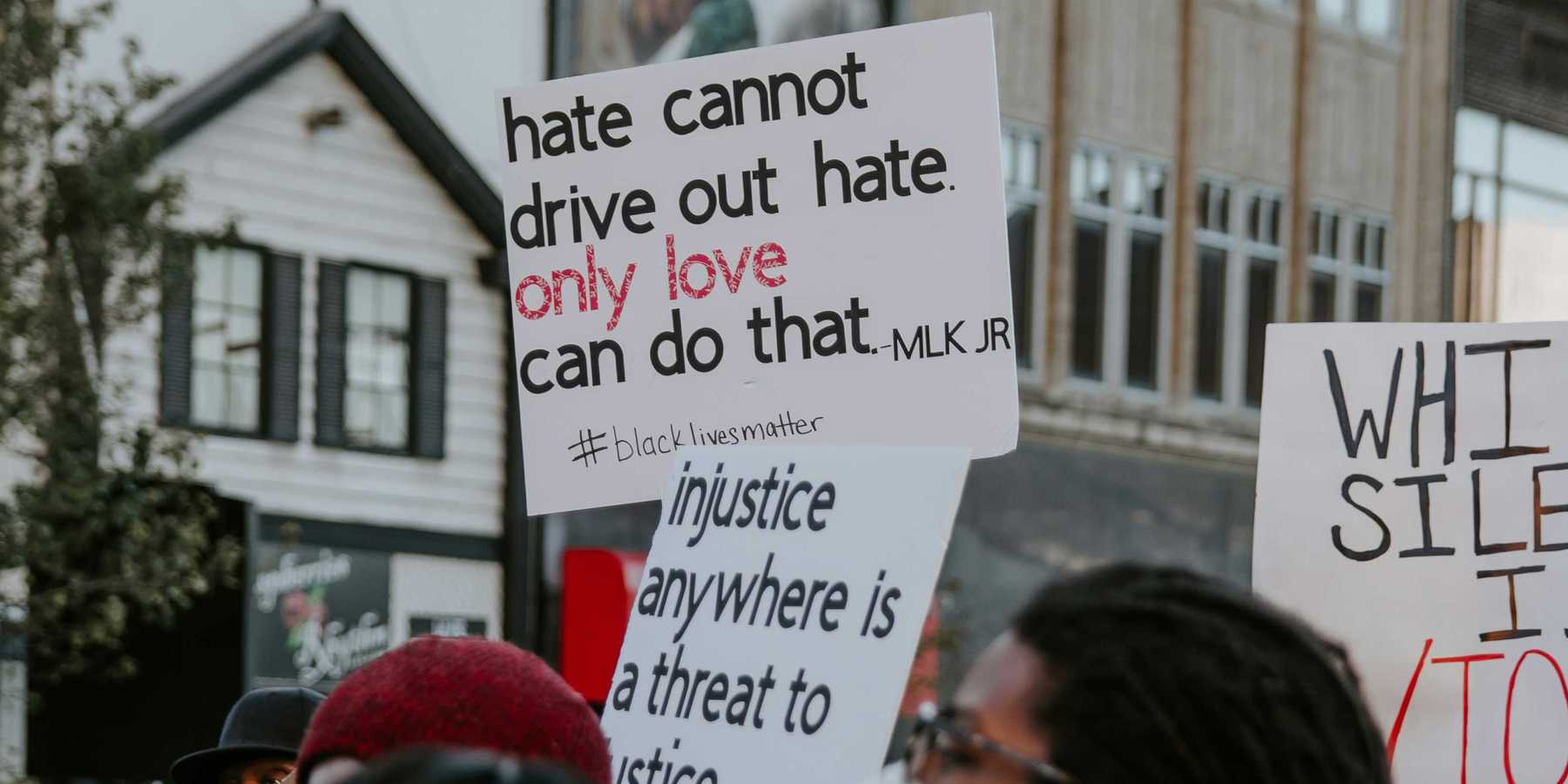Climate disaster survivors form nationwide movement to push for climate action and disaster reform
A growing network of U.S. climate disaster survivors is turning personal loss into collective advocacy, demanding action as extreme weather intensifies and federal aid diminishes.
Gabe Castro-Root reports for Inside Climate News.
In short:
- Survivors of disasters like the Marshall Fire, Hurricane Harvey, and the Maui wildfires are organizing to advocate for climate policy reforms and improved disaster response.
- The nonprofit Extreme Weather Survivors connects victims nationwide, providing peer support, mental health resources, and training in media and legislative advocacy.
- As the Trump administration scales back climate funding and disaster aid, survivors are increasingly stepping into political activism to push for resilience measures and fossil fuel accountability.
Key quote:
“They are among the first of a growing number of Americans to understand what it means that climate change is here, it’s impacting people, and it’s going to get more severe.”
— Chris Kocher, Extreme Weather Survivors
Why this matters:
As extreme weather disasters multiply, they not only destroy homes and lives but also expose cracks in disaster preparedness, federal aid, and insurance systems. Survivors, often left to navigate rebuilding alone, are stepping into a void left by political inaction. Their lived experiences, once isolated traumas, are becoming the backbone of a growing movement demanding accountability from policymakers and polluters. This grassroots activism reflects a significant shift: Those most directly impacted by climate change are emerging as powerful voices in the national climate conversation.The stories they tell bridge the gap between abstract climate models and the human reality of a hotter, more volatile planet.
Related EHN coverage:
- Pennsylvania health advocates say Trump’s first 100 days in office have caused “100 harms” to local communities
- Toxic pollution persists after Los Angeles wildfires devastate communities
- The Maui fires may cause long-term health problems
- Hurricane Helene’s aftermath leaves rural water systems in crisis
- Hurricane Helene devastates Asheville, a once climate-resilient city













